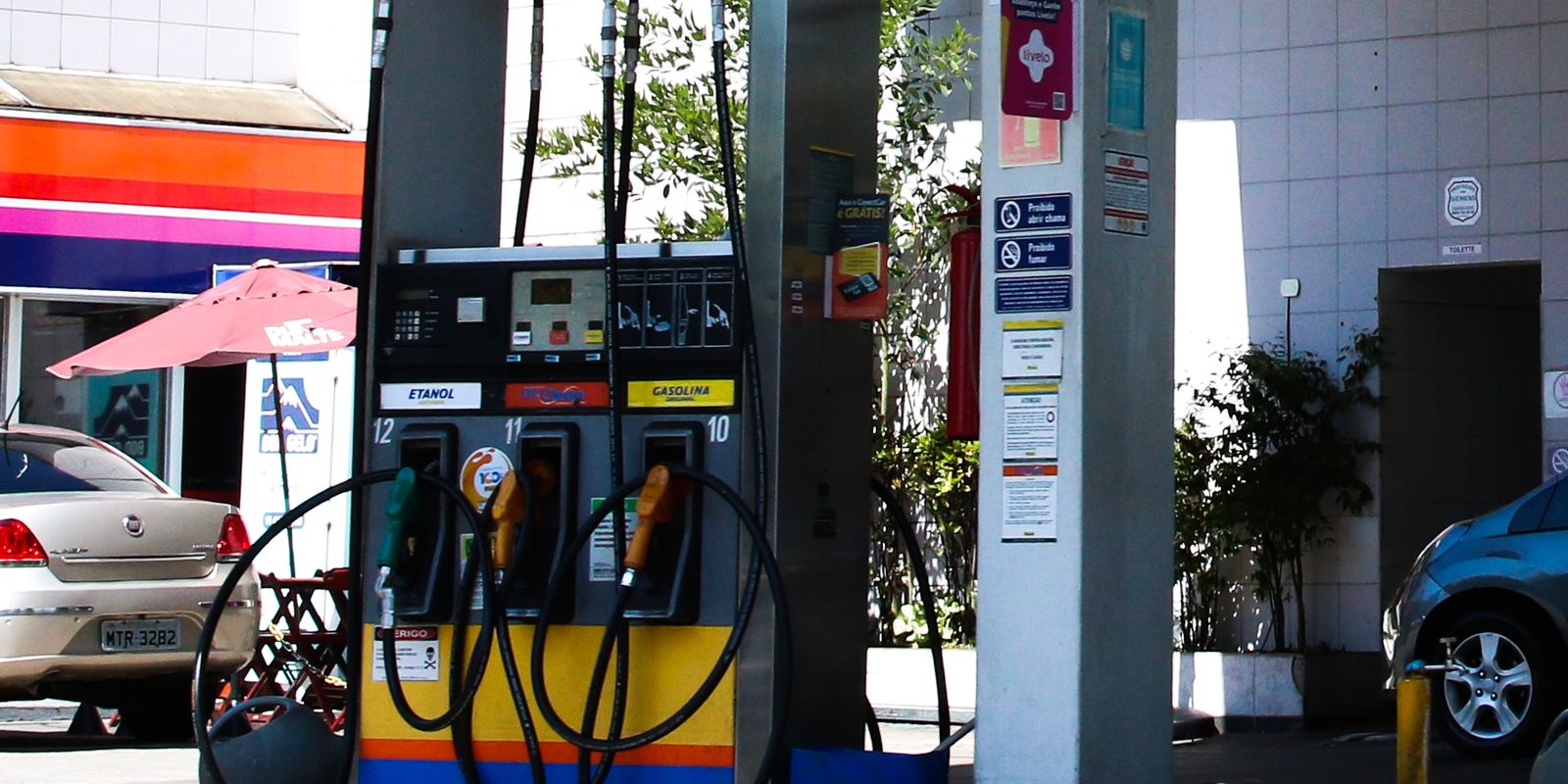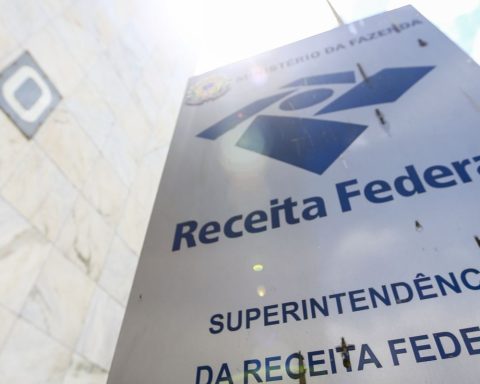Inflation measured by the General Price Index – Internal Availability (IGP-DI) rose 2.37% in March, above the 1.5% recorded in February. The accumulated for the year is at 6% and the high reaches 15.57% in 12 months. In March last year, the index registered inflation of 2.17% and accumulated a high of 30.63% in 12 months.
The data were released today (6) by the Brazilian Institute of Economics of the Getulio Vargas Foundation (Ibre/FGV). The IGP-DI indicates the price movement along the entire production chain: from agricultural and industrial raw materials, through intermediate products to final goods and services.
The coordinator of FGV’s price indices, André Braz, explains that the Broad Producer Price Index (IPA), which rose 2.8% in March, was impacted by oil derivatives.
“The IPA, the index with the greatest expression in the composition of the IGP result, received, in this calculation, a strong influence from oil derivatives, whose highlights were diesel (from 2.7% to 16.86%), gasoline (from 1.71 % to 12.69%) and fertilizers (-5.21% to 7.97%) which together accounted for 30% of the IPA result”.
In February, the IPA rose 1.94%. By stages of processing, the rate of the final goods group changed from 1.73% in February to 3.64% in March, suffering the impact of processed foods (from 0.61% to 4.03%). The Index of Final Goods (ex), which excludes food in natura and fuels for consumption, rose 2.14% in March, after rising 0.91% in February.
The group of intermediate goods changed from 1.31% in February to 3.19% in March, with the increase in the subgroup fuels and lubricants for production (from 6.57% to 12.9%). The intermediate goods index (ex), calculated excluding fuels and lubricants for production, accelerated from 0.42% to 1.45% in March.
At the stage of raw materials, the rate decelerated, changing 1.73% in March, after rising 2.76% in February. There were reductions in the price variation of soybeans (from 10.16% to 3.48%), of coffee in beans (from 0.89% to -10.76%) and of corn in grains (from 4.92 % to 1.49%). The main increases were in iron ore (-0.10% to 2.82%), cassava (-6.01% to 8.63%) and poultry (0.39% to 6.95%).
CPI
According to Ibre/FGV, the Consumer Price Index (CPI) changed 1.35% in March, after rising 0.28% in February. Among the eight classes of expense components of the index, seven had an increase in the variation. They were: transport (from 0.07% to 2.51%), housing (from 0.33% to 1.23%), food (from 1.2% to 1.99%), education, reading and recreation (from -0.51% to 0.67%), health and personal care (from -0.12% to 0.29%), clothing (from 0.33% to 1.04%) and sundry expenses (from 0.08% to 0.39%).
The institute highlights the behavior of gasoline prices, which changed from -1.35% in February to 5.08% in March, of the residential electricity tariff (from -0.73% to 1.60%), vegetables and vegetables (from 8.44% to 14.79%), airline tickets (from -4.09% to 3.26%), perfume (from -3.00% to 2.60%), clothes (from 0 .34% to 1.17%) and banking services (from 0.06% to 0.41%).
The communication group also had a decrease in the variation between February and March, which went from 0.08% to -0.11%, influenced by the reduction in the residential telephone tariff, which went from -0.41% to -0.83% .
The National Construction Cost Index (INCC) changed 0.86% in March, compared to 0.38% in February this year. Among the components of the indicator, materials and equipment went from 0.28% in February to 0.5% in March, services went from 1.66% to 0.7% and the workforce accelerated from 0.25% to 1 .21%.
















